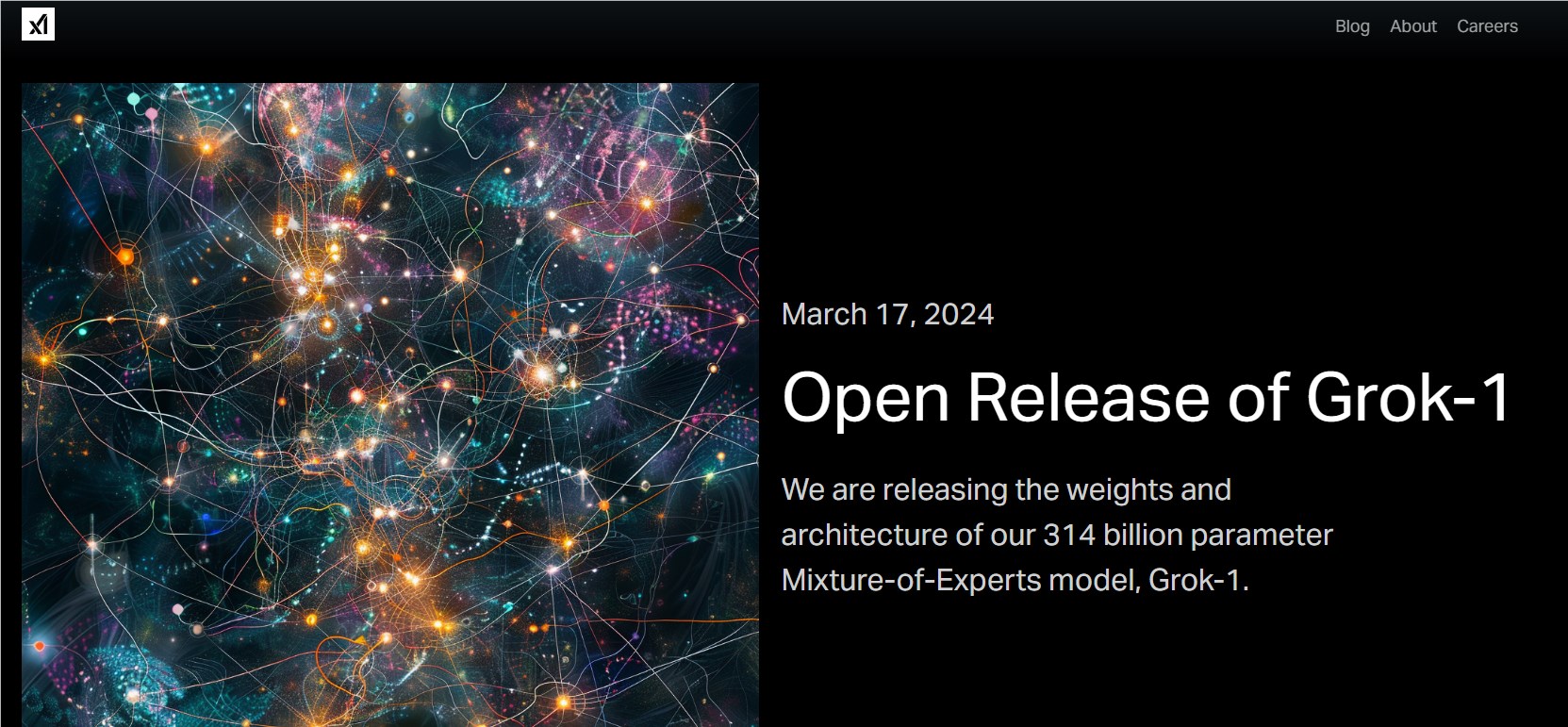Elon.MuskTaking a step forward in the battle for control of AI's future, he made public the raw computer code for his version of an artificially intelligent chatbot on Sunday.GrokDeveloped by xAI, the company Musk founded last year, the chatbot is designed to deliver mean-spirited replies that mimic the style of the science fiction novel The Hitchhiker's Guide to the Galaxy. xAI, while a separate entity from Company X, has its technology integrated into the social media platform and is trained by user posts. Subscribe to Company XadvancedUsers of the feature can ask Grok questions and get responses.

By opening up the code for all to see and use (called theOpen Source), Musk has further embroiled himself in a heated debate in the AI community over whether doing so helps improve the security of the technology or simply puts it at risk of abuse. Musk, a self-proclaimed supporter of open source, open-sourced X's recommendation algorithm in the same way last year, but has not updated it since. The move to open-source the chatbot code comes as Musk and ChatGPT's creator OpenAIup to dateA round of sparring, the fickle billionaire recently sued OpenAI over the company's broken promises. Musk, who was one of the founders of OpenAI and also helped fund the company before quitting a few years later, believes that such important technology should not be controlled solely by tech giants like Google and Microsoft.
Over the past year, the debate over open-source generative AI - the ability to create photorealistic images and videos as well as recreate human-like responses to text - has infuriated the tech community, especially after the explosion in popularity of the technology. Silicon Valley is deeply divided over whether AI coding should be publicly available, with some engineers arguing that the powerful technology must be guarded against unwanted visitors, while others insist that the benefits of transparency outweigh the harms. By releasing his AI code, Musk is firmly in the latter camp, a decision that could allow him to outmaneuver competitors who are already ahead of the curve in developing the technology.
The release of the code will allow other companies and independent software developers to modify and reuse it to build their own chatbots and other AI systems.Meta, the parent company of Facebook and Instagram, has also open-sourced its AI technology called LLaMA. Google and aFamousof French startup Mistral has also done some open-sourcing.
Last year, Musk founded xAI, saying its mission was to "understand reality." Last November, he said investors would own 25% shares of xAI in his $44 billion deal to take X private.
Musk said chatbots shouldn't have any taboo topics, criticizing companies that tweak their technology to avoid controversy as "awakening". In a post on Friday, he said, "If AI is programmed to push for diversity at all costs, like Google's Gemini, then it will do everything in its power to achieve that outcome, and it may even lead to casualties."
But at least some of the posturing on open source is closely tied to commercial interests. Since OpenAI is a marketLeadersProvidesStrongestprobableMost Popularof chatbots, it doesn't have much reason to open-source its code.
In contrast, Musk and xAI are trying to catch up and help balance the playing field by open-sourcing their code and inviting others to improve the technology. Subbarao Kambhampati, a professor of computer science at Arizona State University, argues that open-sourcing today's AI technology is the safest way to go. But he adds that companies like xAI and Meta aren't necessarily open-sourcing their technology for that reason.